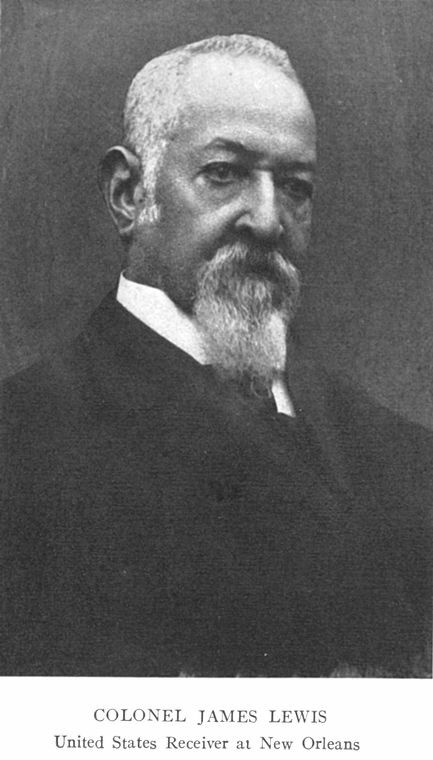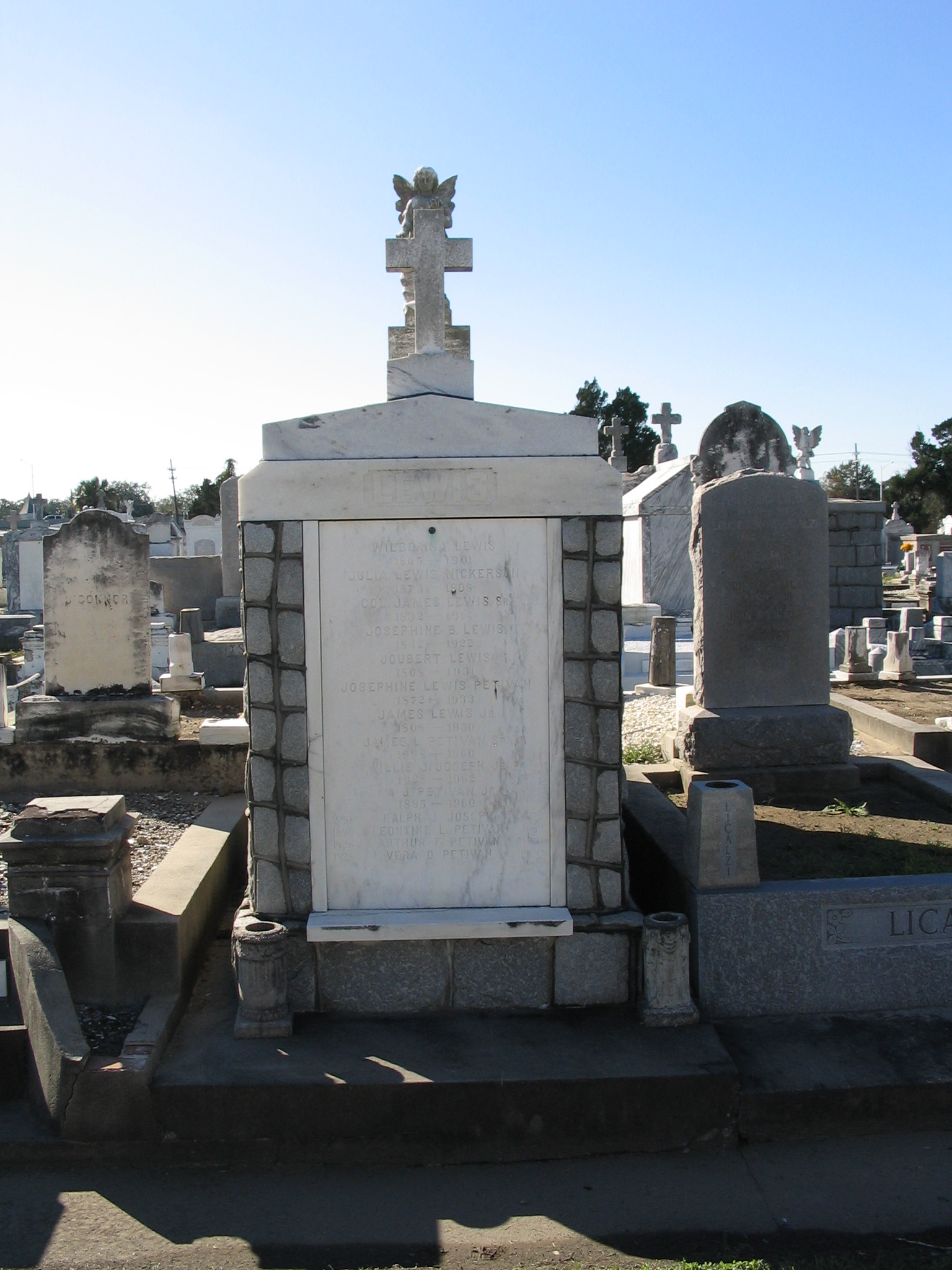 In 1887, when Dr. William J. Simmons compiled his biographical work, Men of Mark: Eminent, Progressive, and Rising, he described Colonel James Lewis as being possessed of “steadiness of purpose, strict integrity, and indomitable courage and honesty.” These sterling qualities were never better endowed than to such a man who gave his entire life in seeking the uplift of his people. Lewis was born on 11 September in either 1832 or 1833 in Woodville, Wilkinson County, Mississippi. During the Civil War, he traveled to New Orleans, where he helped recruit men for the Union Army. He served as a Captain in Company K of the First Regiment of the Louisiana Native Guards.
In 1887, when Dr. William J. Simmons compiled his biographical work, Men of Mark: Eminent, Progressive, and Rising, he described Colonel James Lewis as being possessed of “steadiness of purpose, strict integrity, and indomitable courage and honesty.” These sterling qualities were never better endowed than to such a man who gave his entire life in seeking the uplift of his people. Lewis was born on 11 September in either 1832 or 1833 in Woodville, Wilkinson County, Mississippi. During the Civil War, he traveled to New Orleans, where he helped recruit men for the Union Army. He served as a Captain in Company K of the First Regiment of the Louisiana Native Guards.
After resigning his commission, he was appointed an agent in the educational department of the Freedmen’s Bureau. He traveled the state at much risk to his own life, in the interest of establishing schools for his newly freed brethren. Throughout the period of Reconstruction, he held numerous positions of public trust, from serving as Administrator of Public Improvements for the City of New Orleans to serving as a delegate at the 1872 Republican National Convention. In 1870, Governor Henry Clay Warmoth appointed him a colonel in the Second Regiment of the State Militia. From 1877 to 1880, he served as Naval Officer of the Port of New Orleans, by appointment of President Rutherford B. Hayes. As a veteran of the Civil War, he served as Department Commander of the Grand Army of the Republic for Louisiana and Mississippi. He was also a leader in Masonic circles, having attained the Thirty-Third Degree within the Scottish Rite Jurisdiction. He had the privilege of friendship with many leaders of the white and colored races, among them, Professor Booker T. Washington and Governor P.B.S. Pinchback. The New Orleans Public School Board honored him with the naming of a grammar school in his honor, which exists to this present day.
In addition to his many accomplishments as a public servant, soldier, and masonic and civic leader, Colonel Lewis was an ardent family man. With his wife, the former Josephine Joubert, had eight children, whom they raised in their home on Canal Street immediately opposite the Straight University. Among his children were Miss Julia Ellen Lewis, wife of the famed music instructor Professor William J. Nickerson; Miss Josephine Lewis, wife of Arthur J. Petivan; and James Pitt Kellogg Lewis, who during his lifetime was one of New Orleans’ most successful black businessmen.
Colonel James Lewis died on 11 July 1914. His funeral was attended by a large number of mourners, both white and black. He is interred in his family plot in Greenwood Cemetery.




My great great grandfather. I feel blessed to be apart of his legacy.
Do you know whether he was a member of Saint James A.M.E. Church? (504)715-0332